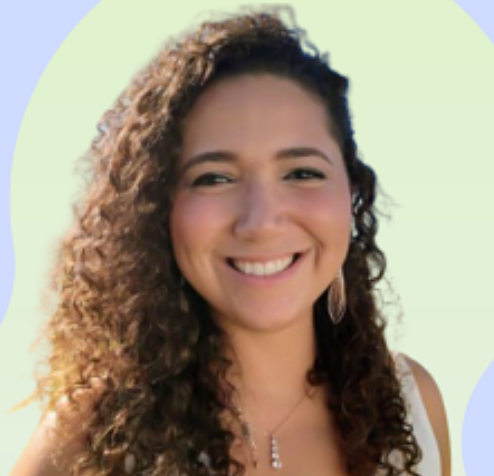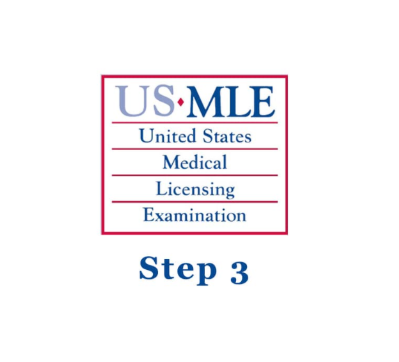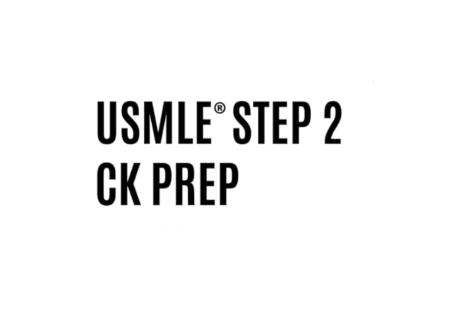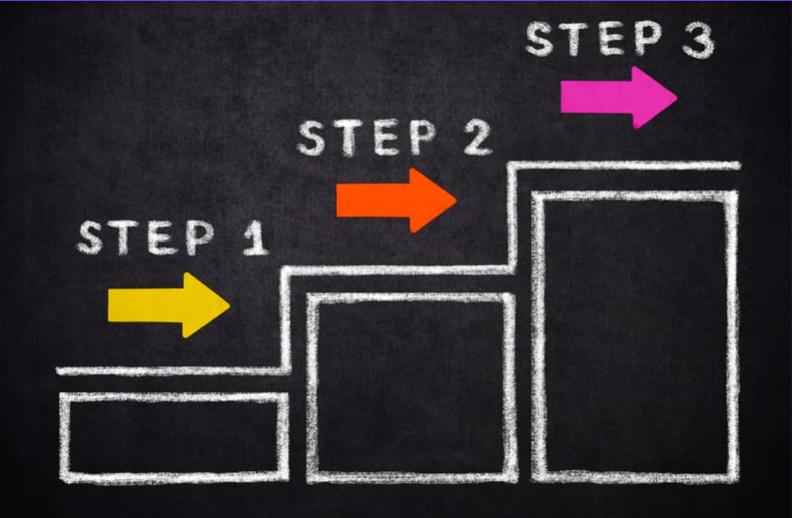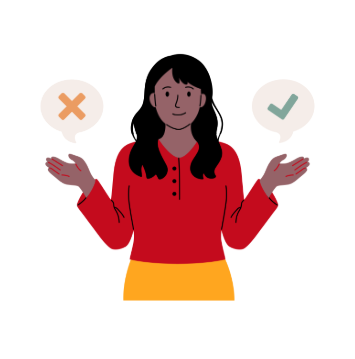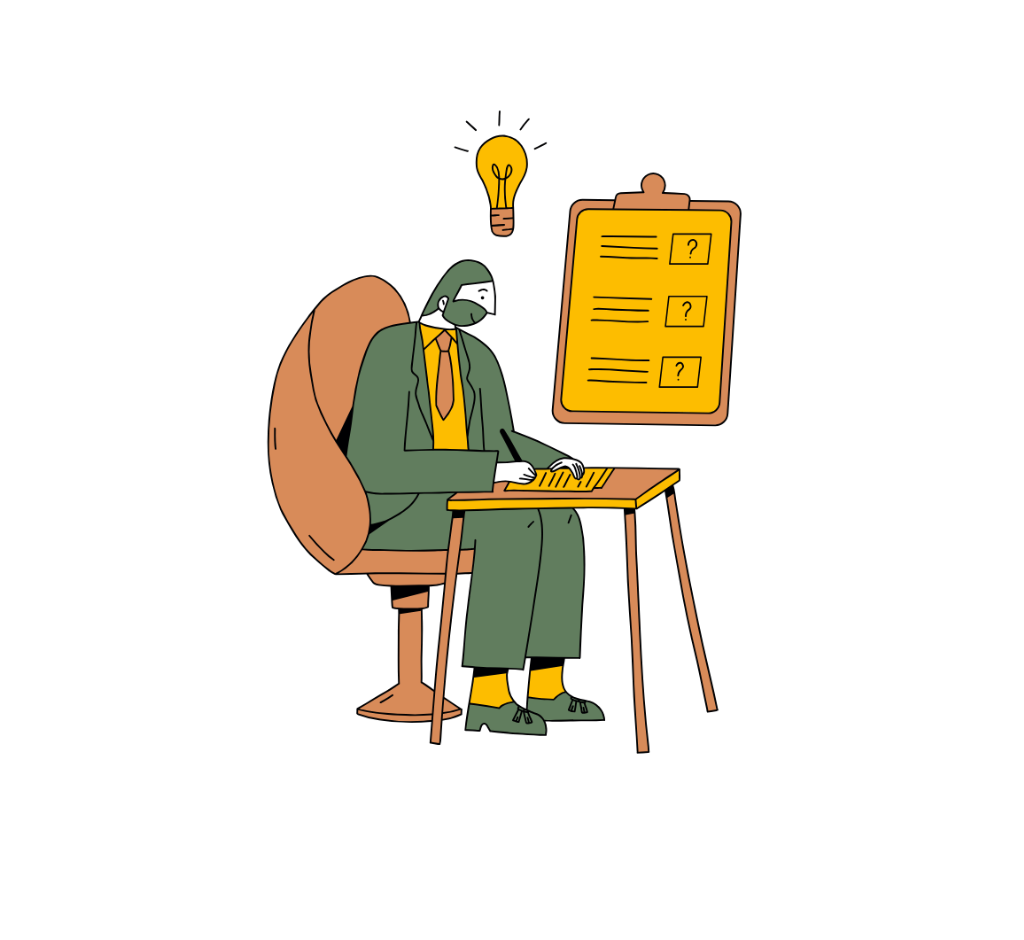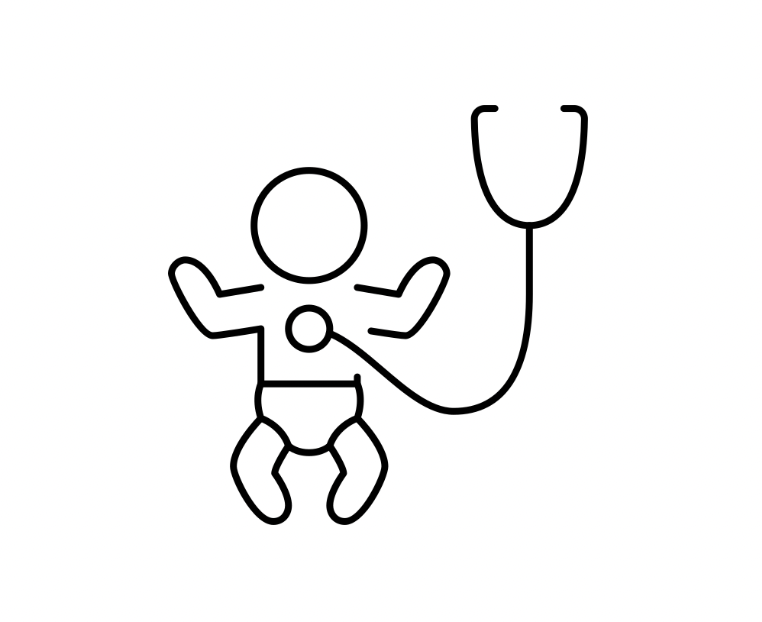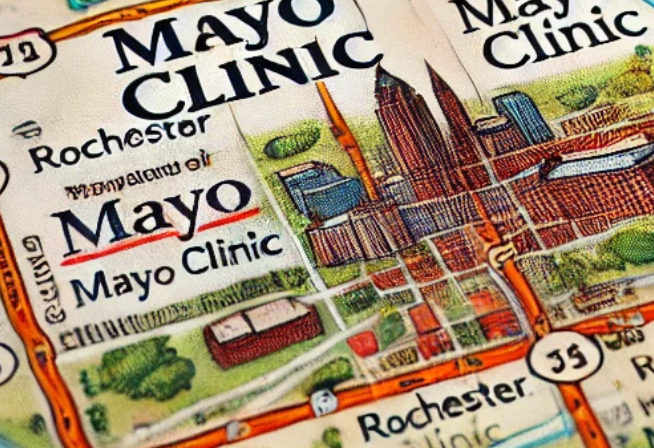My USMLE Journey and How I Became an Anesthesiology Resident at Mayo Clinic
“But for those with a strong mindset, the impossible is just a matter of opinion. And the crazy ones know this, only the crazy ones know.” – Chorão, Charlie Brown Jr.
The year was 2009 when we first heard the voice of Charlie Brown Jr. repeat these words. I have to confess: I sang along and listened to these lyrics many times just because of the melody, without truly appreciating how much they had to say. That’s the thing—until we dare to risk living the so-called impossible dreams, it’s hard to understand the “madness” that precedes achievement.
I remember exactly where I was sitting, the time of day, the way the sky in Rio de Janeiro was fading into dusk. The email with my Step 1 score arrived, carrying the same mix of courage, anxiety, and fear that had filled my mind during those three long weeks of waiting. The truth is, we doctors and medical students have a complicated relationship with the idea of failure. It’s difficult, in my view, to understand the roots of that feeling. Many possible associations, but with no statistical strength to define causality.
Is it the consequence of being, from early on, committed students who stand out—leading to an eternal sense of invincibility? Is it simply pride, pure and complex, that we dress up in different names just so we can ignore its existence? Is it the almost always hidden anguish that, by choosing the profession of making decisions at the thin line between life and death, we believe we cannot be granted the poetic license to fail? None of these questions, however, were on my mind at that moment, staring at a score that didn’t reflect my effort.
What I felt was fear. A sense of failure. The certainty that I had failed without understanding why. My immediate consolation was in the fallacies of the impossible.
The truth is, in many moments of our lives (and those are the ones I’m speaking of here), the “impossible” is just the excuse that fits into the limited space of our courage that wasn’t yet taken over by fear. Because, as Charlie Brown warned us, “fear blinds our dreams, fear blinds our dreams.” If what we seek is a great achievement—if the path we want to take hasn’t been walked in that exact way before, under those same circumstances—if we dare to dream beyond our comfort zone, then yes, we will face a battle with fear. And in that battle, the greatest victory is to keep going despite it. To let it follow our dreams without blinding them, without catching up to them. Let fear be a passenger, not the driver. Let it get used to just passing through.
“The impossible is just the excuse that fits into the limited space of our courage that hasn’t been taken by fear.”
And if it passes, and if you keep going, the obstacles will only be parts of the journey—because no path is ever linear. For the fifth-year medical student, that score was not a step, but an end. For the PhD student, unanswered emails to research labs in the U.S. were not a step, but an end. For the research fellow, splitting her time between the lab and defending her dissertation in Brazil, failed experiments were not steps, but ends. For the woman who once dreamed accompanied, learning to dream alone was not a step, but an end. For the applicant who longed for a perfect application, applying without Step 2CK was not a step, but an end.
But in truth, they were all steps. They became part of the journey. Nothing was an end—though to many, it seemed madness.
Let the “owners of the truth” shout if they want. In a process like the USMLE—structured enough to be walked with autonomy, based on multifactorial evaluation of candidates, and where success depends above all on resilience (what I believe the song calls “strong mindset”)—the impossible really is a matter of opinion. Don’t believe in easy promises, in ready-made recipes.
Don’t believe in easy promises, in formulas that reinvent what has long been established.
Not everyone will pass on the first try. The paths will not be linear. For some, the investment of time, money, and energy will be heavier than for others. And yes, people have the right to choose the weight of the investment they are willing to carry. That defines journeys, not people. In my story, I chose to keep going, to redefine strategies and limits, to decide to become a doctor in the United States over and over again. It’s not about what is impossible—it’s about which “madness” will be possible for you.
As for the rest, let them say what they will, let them talk about your madness.
It’s a good thing, because “Impossible is nothing.” But the crazy ones know. Only the crazy ones know.
